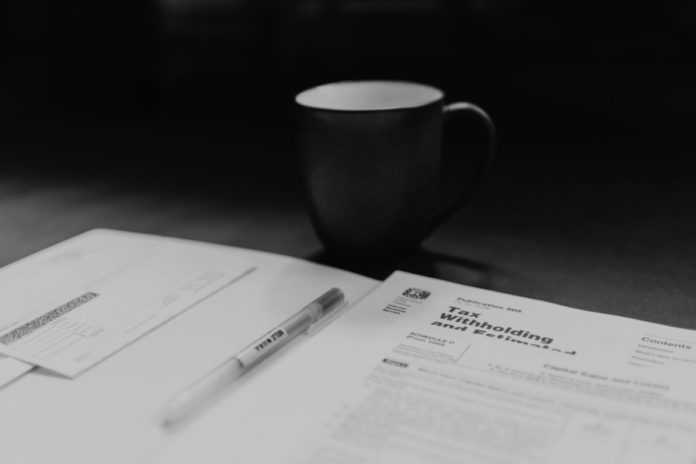

Prior to 1982, Colorado officials had difficulty assessing property values to determine taxes for property owners. With the process long, cumbersome and complex and results often inaccurate, some classes of property were deemed a “nuisance tax” by those tasked with calculating their taxes.
Former state legislator Dennis Gallagher in the 1982 session suggested a referendum to address issues with property valuation for taxation. The Gallagher Amendment made a number of changes to the property tax laws in the state, including simplifying assessment methods, changing what criteria determines a property’s actual value, implementing a “Gallagher Adjustment” through the General Assembly and reclassifying properties that previously fell under “nuisance tax” categories as exempt. The Amendment also included ways to enforce the new provisions.
It passed the same year it was introduced by a modest margin of roughly 30%, and voters eagerly awaited the tax relief promised for the 1983 and ’84 tax years. But just a few years after approving the new provisions, Colorado voters voiced the belief they’d been “misled by the legislature.”
According to the Louisville Times in a March 1987 issue, the amendment “was adopted by the voters because it looked as if it would lower their assessments using base-year values. The voters were misled by the legislature. Big industry and agriculture got the tax break then and everyone else got assessment increases occurring in big waves…”
The “waves” occurred roughly every two years since the late 1980s according to the Times, with some retroactive valuation for properties obtained in the 1970s showing up as burdens for 1985 and ’87 tax years. During this time, some percentages increased by a margin as high as 9% from previous years, but since 1982, the rates dropped overall from just over 21% to around 7%. Non-residential properties carry 55% of the total property tax burden under the Amendment with residential dropping to 45%.
The Gallagher Amendment is up for repeal in this week’s election, with advocates saying the change in property tax rates will allow for a redistribution of state funds to help bolster a quickly dwindling public schools budget. Opposition to the repeal has stated the tax cuts to residential property are too necessary for the working class and small businesses as the nation teeters on the cusp of a history-shaking recession fueled by the coronavirus pandemic.
Recent budget shortfalls have led to numerous state- and city-level furloughs, including a City of Denver planned furlough for qualifying employees totaling eight days between summer and fall. The pandemic’s effect on state budgets has been widespread, forcing states like California, Ohio, Texas, Michigan and others to furlough millions of non-essential workers since March.
– Jess Brovsky-Eaker

